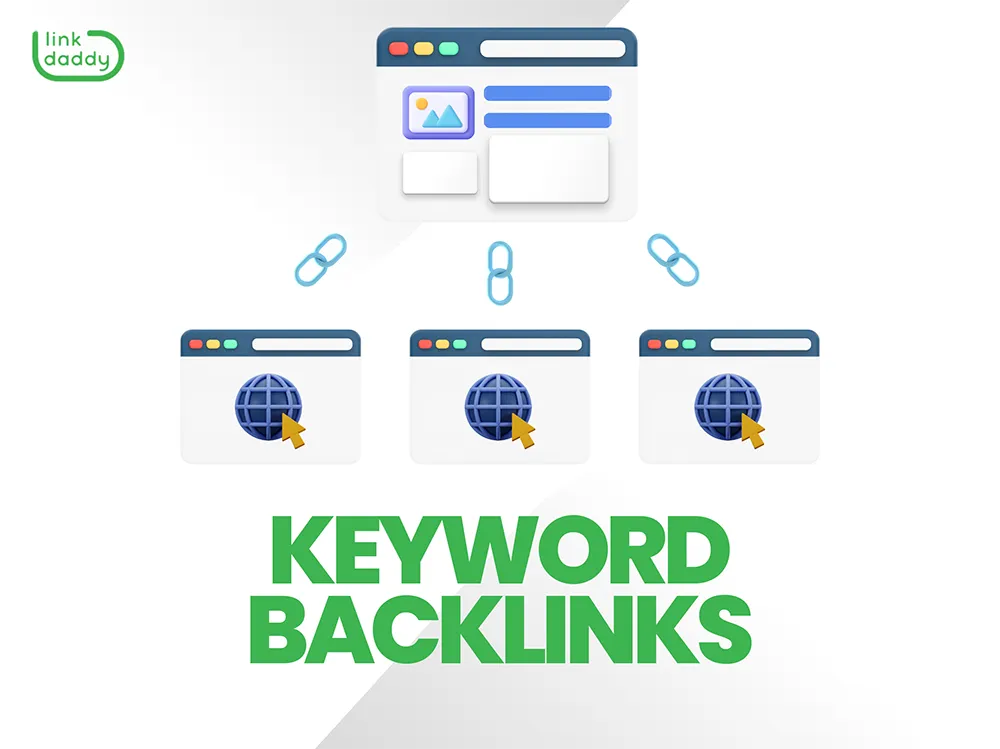Untangling the Enigma Behind Cloud Services: What You Need to Know
In today's quickly advancing technological landscape, the idea of cloud solutions has become increasingly pervasive, yet continues to be shrouded in a veil of secret for many. As services and individuals remain to accept the cloud for its cost-efficiency, scalability, and flexibility, recognizing its complexities comes to be extremely important. From the different kinds of cloud release versions to the crucial safety factors to consider that enter into play, navigating the world of cloud solutions can be a complicated task. This exploration intends to clarify vital facets that are essential for anyone wanting to harness the power of the cloud effectively.
Recognizing Cloud Services
To realize the idea of cloud solutions, one must comprehend the basic principles of virtualized computer and remote data storage. Cloud solutions, likewise called cloud computer, involve the shipment of computing solutions-- consisting of web servers, storage space, data sources, networking, software, and analytics-- online to provide faster advancement, versatile sources, and economies of scale. This design allows companies to accessibility innovation sources without the requirement for direct administration of the underlying facilities.

Comprehending these fundamental elements of virtualized computer and remote information storage space is necessary for understanding the advantages and capabilities of cloud solutions in today's electronic landscape. - linkdaddy cloud services press release
Kinds Of Cloud Implementation Versions
Cloud deployment versions include numerous techniques for deploying and handling cloud computer services to fulfill certain company requires effectively. There are mainly three types of cloud implementation versions: public cloud, private cloud, and hybrid cloud.
Public Cloud: Public cloud services are supplied by third-party suppliers over the net, making them cost-efficient and quickly available. These solutions are excellent for companies seeking to offload IT procedures and upkeep to exterior companies.

Hybrid Cloud: Hybrid cloud integrates aspects of both personal and public clouds, enabling organizations to take advantage of the scalability of the public cloud while preserving control over essential applications and data in an exclusive cloud environment. This Learn More model supplies adaptability and modification alternatives, making it a popular choice for businesses with dynamic work and differing IT requires.
Benefits of Cloud Provider
Enhancing functional performance and fostering innovation, cloud solutions use a multitude of advantages for modern businesses seeking to enhance their IT facilities. One of the primary benefits of cloud solutions is cost-effectiveness. By transitioning to the cloud, organizations can eliminate the need for extensive hardware financial investments and maintenance expenses. This pay-as-you-go version allows firms to scale their resources according to their existing demands, staying clear of unneeded expenditures.
Another benefit is enhanced versatility and scalability. Cloud services supply services with the capacity to swiftly adjust to transforming market problems and scale their procedures up or down as called for. This dexterity makes it possible for companies to react without delay to brand-new opportunities and difficulties, providing an one-upmanship in today's busy company atmosphere.
Furthermore, cloud solutions use enhanced data safety and security and catastrophe healing capabilities. Going Here In general, leveraging cloud services can encourage companies to simplify procedures, drive technology, and achieve lasting success in the electronic age. Cloud Services.
Safety And Security Factors To Consider in the Cloud
In the realm of cloud solutions, focusing on robust protection steps is imperative for safeguarding delicate data and guaranteeing functional resilience. Identification and access monitoring tools assist control who can gain access to data and resources within the cloud environment, decreasing the risk of information breaches.
Additionally, executing strict network protection steps, such as firewall softwares and breach discovery systems, can aid avoid cyber dangers and unauthorized access to cloud facilities. Conformity with market guidelines, such as GDPR or HIPAA, is important for companies taking care of delicate data to maintain and prevent lawful ramifications trust with consumers. By dealing with these safety factors to consider proactively, services can mitigate dangers and confidently leverage the benefits of cloud solutions while securing their electronic properties.
Selecting the Right Cloud Provider
As companies navigate the elaborate landscape of safety factors to consider in the cloud, the process of choosing the best cloud service copyright ends up being extremely important for making certain comprehensive information security and operational performance. When choosing a cloud service supplier, companies have to consider several essential elements.
In addition, companies need to take a look at the scalability and flexibility of the cloud solutions supplied to ensure they straighten with future and existing service needs. By carrying out detailed study and due persistance, organizations can pick site a cloud solution company that not only satisfies their technological demands yet also supports high criteria of safety and security and efficiency.
Final Thought
Finally, cloud solutions offer various benefits such as scalability, price effectiveness, and adaptability. When choosing a cloud solution company, understanding the various types of cloud deployment models and considering security steps are critical. It is important to assess the particular needs of an organization and thoroughly examine the options readily available to make sure an effective shift to the cloud.
From the various types of cloud implementation designs to the critical safety and security factors to consider that come right into play, browsing the realm of cloud services can be a complicated job. Cloud solutions, likewise understood as cloud computing, involve the shipment of calculating solutions-- including web servers, storage space, data sources, networking, software program, and analytics-- over the internet to provide faster technology, versatile resources, and economic climates of scale. Hybrid Cloud: Hybrid cloud combines aspects of both public and exclusive clouds, permitting organizations to utilize the scalability of the public cloud while keeping control over essential applications and information in a personal cloud atmosphere.As organizations browse the complex landscape of safety and security considerations in the cloud, the process of choosing the ideal cloud service copyright comes to be paramount for guaranteeing comprehensive information security and operational efficiency. Comprehending the various types of cloud deployment designs and thinking about protection steps are vital when choosing a cloud solution supplier.